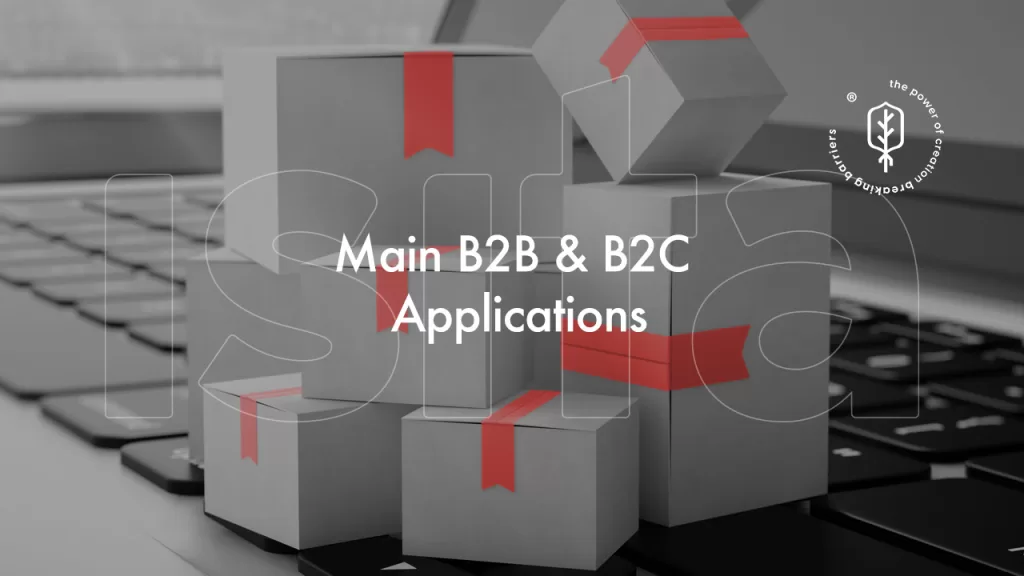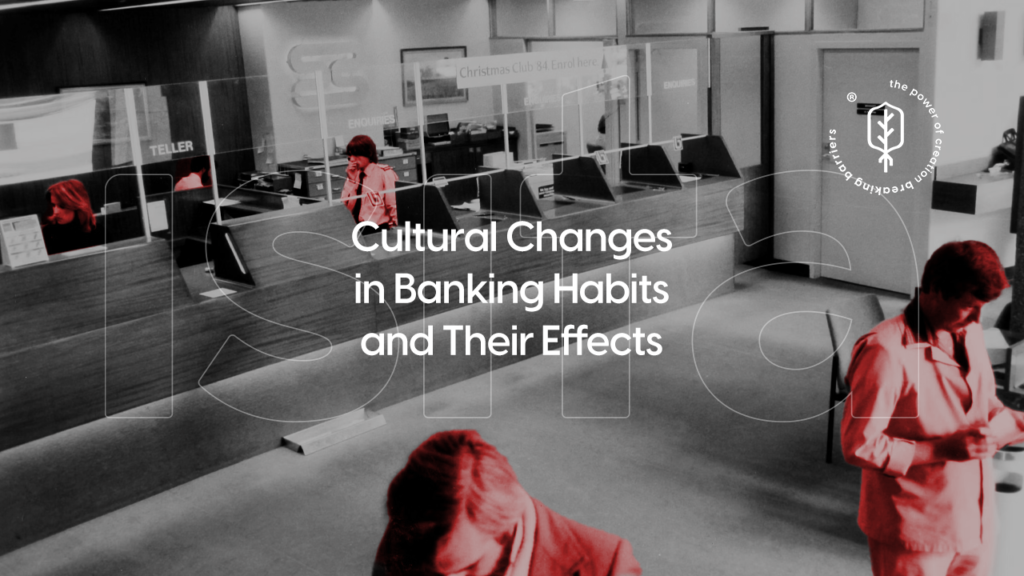Unraveling the Primary Applications of B2B and B2C in E-commerce
E-commerce has experienced exponential growth in recent years, and its significance cannot be underestimated in today’s business landscape. Within this vast ecosystem, two business models stand out: Business-to-Business (B2B) and Business-to-Consumer (B2C). In this article, we will explore the main applications of both approaches and how they are transforming the way businesses interact with their customers and business partners.
B2B: Efficient Business Connections
B2B commerce involves commercial transactions between businesses, where one company sells products or services to another business. Here, efficiency, scalability, and personalization are key. Some of the main applications of B2B are:
- Specialized E-commerce Platforms: Businesses use specialized B2B platforms like VTEX, Shopify Plus, and Magento Commerce to create customized e-commerce environments that meet the specific needs of the business market. These platforms offer advanced features such as catalog management, personalized pricing, corporate accounts, and complex order processing.
- Integration of Enterprise Systems: B2B commerce often involves integrating enterprise systems such as CRM (Customer Relationship Management), ERP (Enterprise Resource Planning), and inventory management systems. Platforms like Salesforce and SAP Commerce Cloud facilitate this integration, enabling efficient management of data and business processes.
- B2B Marketplaces: B2B marketplaces like Alibaba and ThomasNet connect buyers and sellers from different industries, providing a wide range of products and services. These marketplaces offer tools for product search, price negotiation, and order management, simplifying the purchasing process for businesses.
B2C: Personalized Shopping Experiences
B2C commerce focuses on selling products or services directly to end consumers. Here, customer experience and brand differentiation are crucial. Some of the main applications of B2C are:
- Customer Experience Personalization: Platforms like BigCommerce and WooCommerce allow businesses to create personalized shopping experiences for consumers. This includes product recommendations based on purchase history, personalized offers, and relevant content, all designed to enhance customer satisfaction and increase conversions.
- Advanced Digital Marketing: B2C commerce greatly benefits from digital marketing. Platforms like Shopify and Squarespace offer tools for creating email marketing campaigns, social media advertising, SEO (Search Engine Optimization), and more. These tools enable businesses to effectively reach their target audience and drive sales.
- Omnichannel Shopping Experience: Consumers expect a seamless and consistent shopping experience across all channels. Platforms like VTEX and Salesforce Commerce Cloud allow businesses to integrate their online and offline operations, offering an omnichannel experience that spans websites, mobile apps, physical stores, and more.
The Future of E-commerce: Integration and Personalization
As e-commerce continues to evolve, integration and personalization will become even more important. Businesses will seek solutions that allow them to seamlessly integrate their business operations and personalize the customer experience at a deeper level. Platforms like VTEX, Salesforce, and BigCommerce are leading this evolution, offering advanced tools that enable businesses to achieve new levels of efficiency and customer satisfaction in the competitive world of e-commerce.



